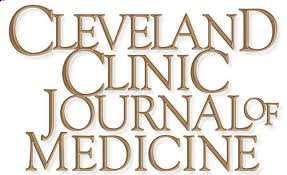A 62-year-old man presented with recurrent syncope, initially diagnosed as neurally mediated syncope. Further investigation revealed an underlying plasma cell dyscrasia and cardiac amyloidosis, demonstrating the importance of thorough evaluation in cases of unexplained syncope. This case report illustrates the diagnostic journey from initial presentation to final diagnosis, emphasizing the need for vigilance in recognizing subtle signs of systemic diseases.
Key Points:
- The patient experienced two syncopal episodes within weeks, with the second event occurring suddenly without prodrome while seated.
- Initial workup included echocardiography, which showed increased left ventricular septal wall thickness and impaired diastolic function.
- Telemetry captured nonsustained polymorphic ventricular tachycardia, prompting further cardiac evaluation.
- Laboratory tests revealed significantly elevated kappa free light chains, abnormal kappa-to-lambda ratio, and paraproteinemia, indicating a plasma cell dyscrasia.
- Cardiac MRI and biopsy confirmed the diagnosis of AL amyloidosis with cardiac involvement, coexisting with multiple myeloma.
- The patient was diagnosed with systemic AL amyloidosis (Mayo 2012 stage 3; European modification Mayo 2004 stage IIIa) and Revised International Staging System stage 2, standard-risk multiple myeloma.
- Treatment was initiated with daratumumab, cyclophosphamide, bortezomib, and dexamethasone, with no further episodes of ventricular tachycardia reported.

HCN Medical Memo
This case highlights the importance of considering systemic diseases like amyloidosis in patients presenting with recurrent syncope and unexplained cardiac findings. Physicians should maintain a high index of suspicion for rare conditions, especially when common diagnoses fail to explain the clinical picture fully.
More on Fainting/Syncope
 PATIENT EDUCATION
PATIENT EDUCATION  OBESITY/WEIGHT MANAGEMENT
OBESITY/WEIGHT MANAGEMENT  EXERCISE/TRAINING
EXERCISE/TRAINING  LEGAL MATTERS
LEGAL MATTERS  GUIDELINES/RECOMMENDATIONS
GUIDELINES/RECOMMENDATIONS 